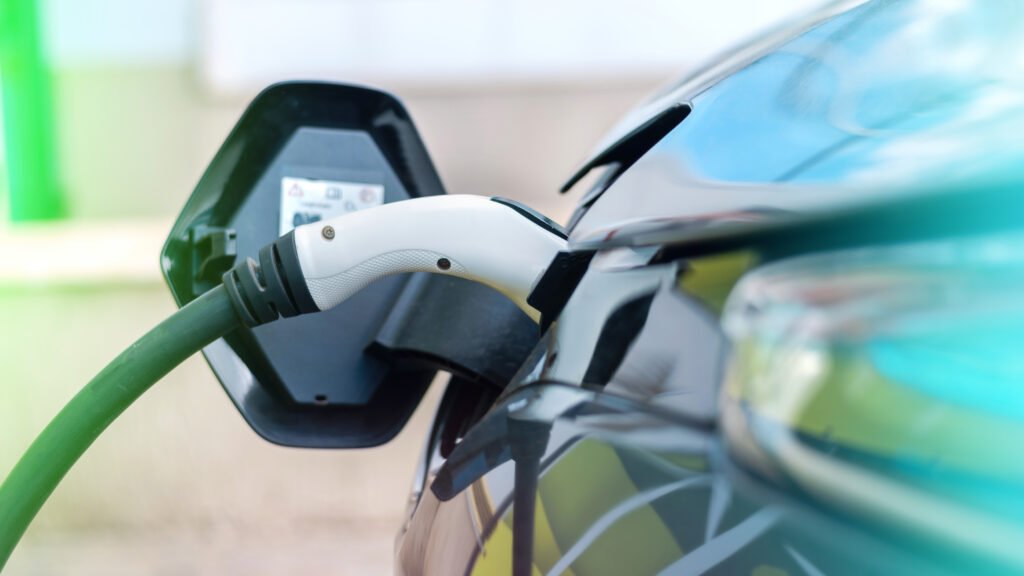The popularity of electric vehicles (EVs) continues to grow in the United States, driven by environmental concerns, tax incentives, and cutting-edge technology. But while many consumers are eager to make the switch from gas-powered to electric, they often encounter a common surprise: electric vehicle insurance rates tend to be higher than traditional car insurance.
But why is that? And what can EV owners do to manage their costs without sacrificing protection?
Let’s break it down.
Why Are Electric Vehicle Insurance Rates Higher?
There are a few key reasons why insurance for electric cars is often more expensive:
1. Higher repair costs
EVs come with specialized parts—especially the battery system, which can cost thousands of dollars to repair or replace. Because of the advanced technology in these cars, repairs typically require certified technicians and specific tools, making claims more expensive for insurance companies.
2. Purchase price matters
Electric vehicles often have a higher sticker price than gas-powered models. Since insurance is partly based on the value of the vehicle, a more expensive car usually means a higher premium.
3. Limited repair network
Not every auto shop is equipped to work on electric vehicles. That smaller pool of repair options can drive up labor costs and delay repairs, both of which impact insurance rates.
4. Safety features and discounts
On the positive side, many electric vehicles come loaded with safety technology, such as lane assist, automatic braking, and collision avoidance systems. These features can qualify you for discounts, depending on the insurance carrier.
5. National data confirms the trend
According to the National Association of Insurance Commissioners (NAIC), electric vehicle insurance rates can be up to $44 higher per month compared to gas-powered cars, especially for models like the Tesla Model 3 and Model Y. These higher costs reflect the repair complexity and vehicle values commonly found with EVs.
Do All Electric Vehicles Have the Same Insurance Rates?
No. Just like traditional cars, electric vehicle insurance rates vary widely based on the make, model, and year of the vehicle. For example, insuring a high-performance EV like a Tesla Model S can be significantly more expensive than a compact EV like a Chevy Bolt or Nissan Leaf.
Your personal profile also matters. Insurance companies consider your driving record, location, age, and even credit score when calculating premiums—regardless of whether you drive electric or gas.
How Can You Save on Electric Vehicle Insurance?
While EV insurance might be pricier, there are still ways to manage the cost:
Shop around: Not all insurance companies treat electric vehicles the same. Work with an independent broker like PIG to compare different carriers and find the best value.
Bundle your policies: Combine your auto, home, or renters insurance to earn multi-policy discounts.
Ask about green vehicle discounts: Some insurers offer discounts specifically for owning an electric or hybrid vehicle.
Maintain a clean driving record: Safe driving still plays a big role in keeping your premium low.

The Bottom Line
Electric vehicles are the future, and as the market continues to evolve, we expect electric vehicle insurance rates to become more competitive. In the meantime, the key is understanding how these rates are calculated and working with a knowledgeable team who can guide you through the process.
Whether you drive a Tesla, Rivian, Kia EV6, or any other EV model, our team at Premium Insurance Group (PIG) is ready to help you protect your ride with the right coverage and at the right price.
Hemelyh’s note:
A lot of clients come to us surprised by how different the insurance process is for electric vehicles. That’s why we don’t just give you a quote—we explain every detail so you know exactly what you’re paying for and why. If you’re considering going electric, let’s talk before you hit the dealership. We’re here to help!



